Blog
Identity Verification Blog
February 14, 2024
AML Red Flags — Complete Breakdown
Did you know that the Financial Action Task Force (FATF) was created in 1989? Since then, they have set grounds for a more stable action plan against money laundering and terrorist financing. However, the level of complexity in financial crime is rising, and companies must be vigilant when it comes to different risks — or, as we call them — AML red flags.
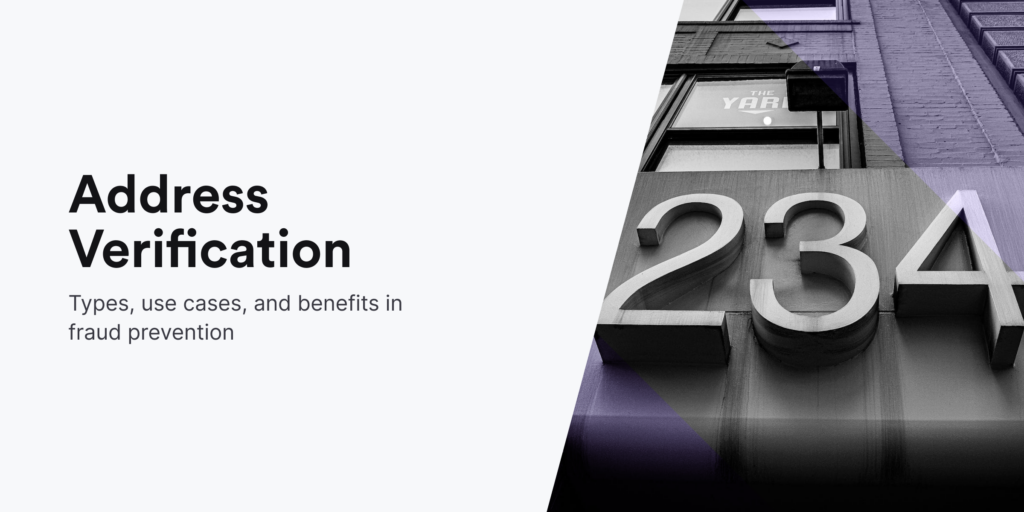
February 7, 2024
Address Verification Explained
Access the most recent information on address verification, including use case examples, and learn the key methods for confirming whether the provided address data aligns with the information provided by another individual or business.
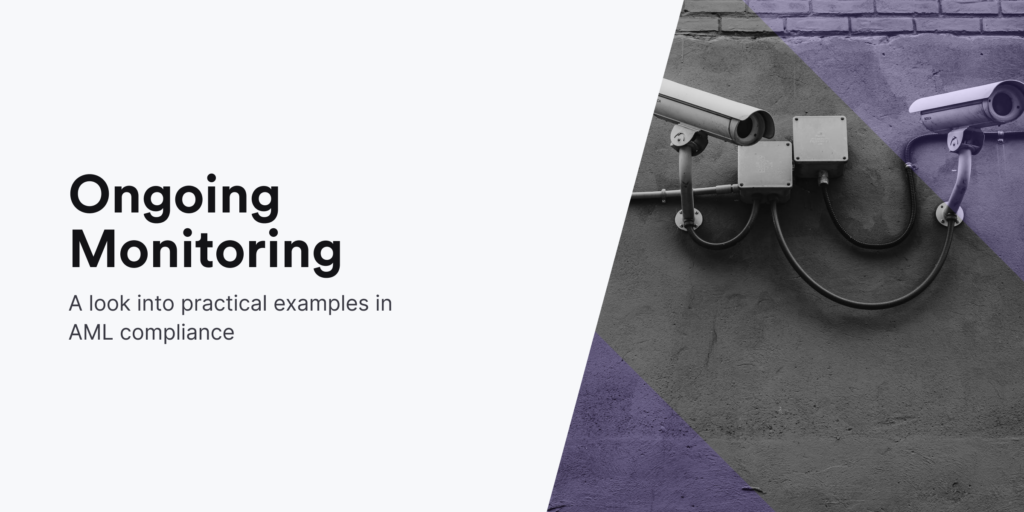
January 31, 2024
What is Ongoing Monitoring? [With Examples]
Dive in to find ongoing monitoring examples, what it takes to stay KYC/AML-compliant, as well as the challenges that arise when trying to build a proper ongoing monitoring process.
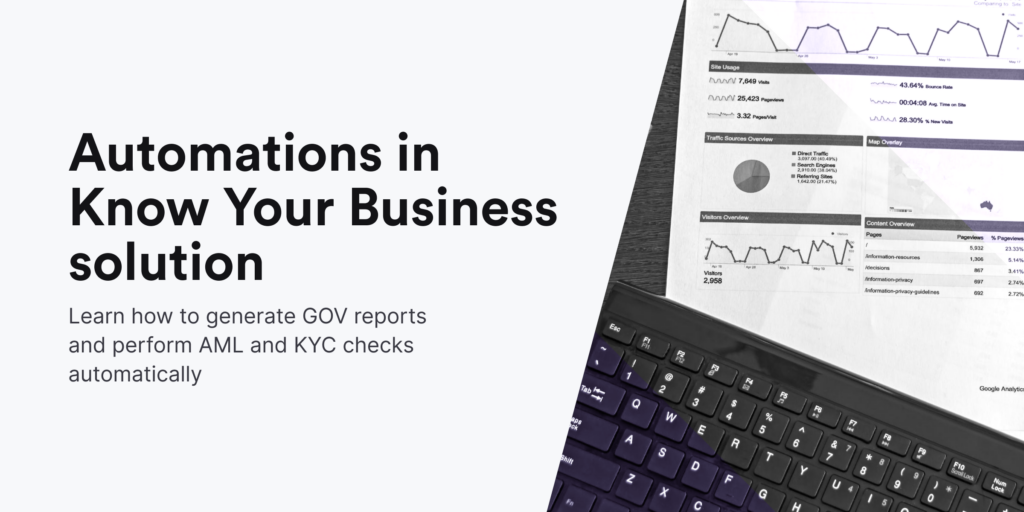
Business Verification Solution in 2024 – Focusing on Automating Compliance Procedures
Check hands-on walkthrough on configuring custom rules to streamline your AML compliance processes while onboarding new companies.
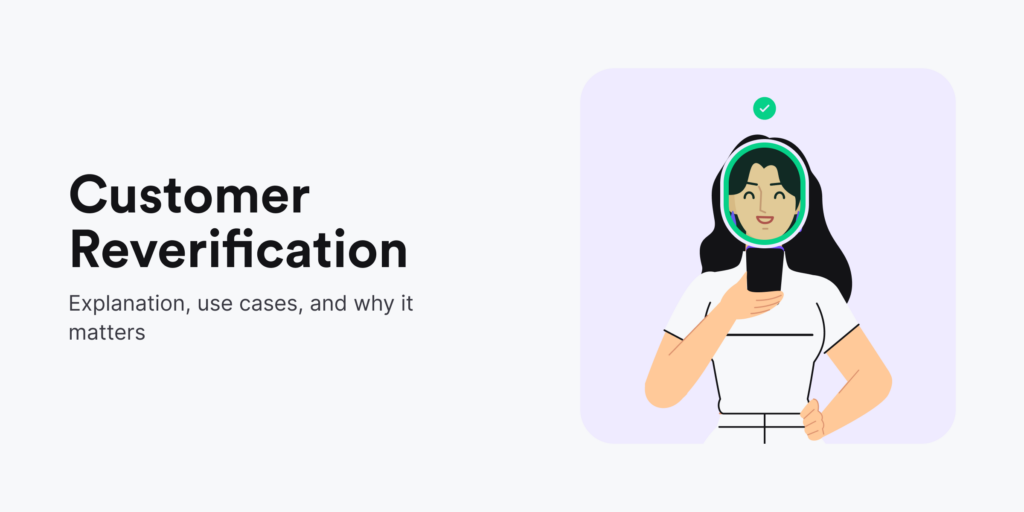
January 29, 2024
What is Reverification? Explanation Guide [2025 Edition]
Find out the key use cases of reverification and learn why this process can be a beneficial factor in both security and user experience.

January 28, 2024
Top 3 KYC Automation Benefits for Businesses
We explore the concept of KYC automation and its use cases, explaining how AI-powered KYC software can improve internal compliance operations for businesses.
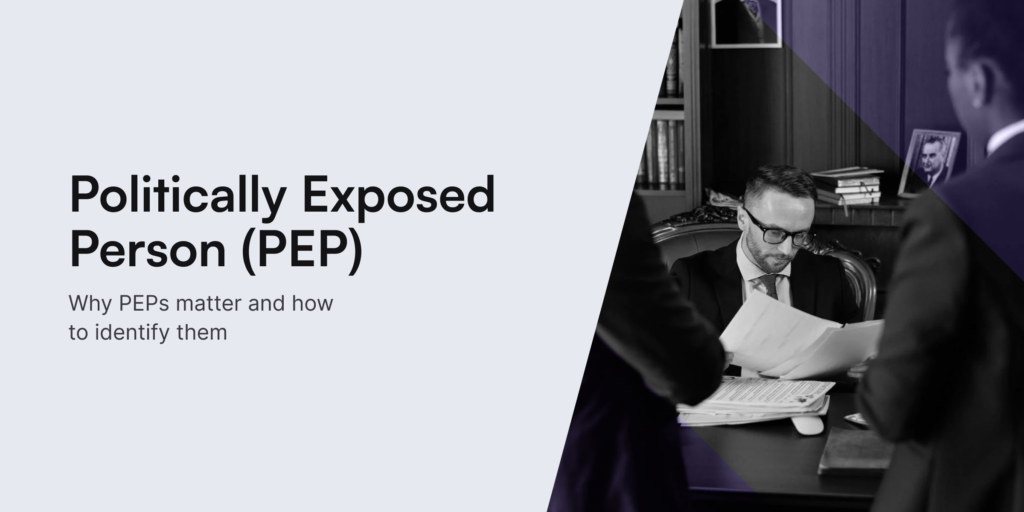
January 28, 2024
What is a Politically Exposed Person (PEP)?
The verification of a Politically Exposed Person, or a PEP, is a mandatory requirement in regards to Know Your Customer (KYC) and Anti-Money Laundering (AML) regulations. PEPs hold greater power due to their position of influence, which makes them more susceptible to fraud, including money laundering. This makes them higher-risk customers that need to be treated with an appropriate level of due diligence. Read more.
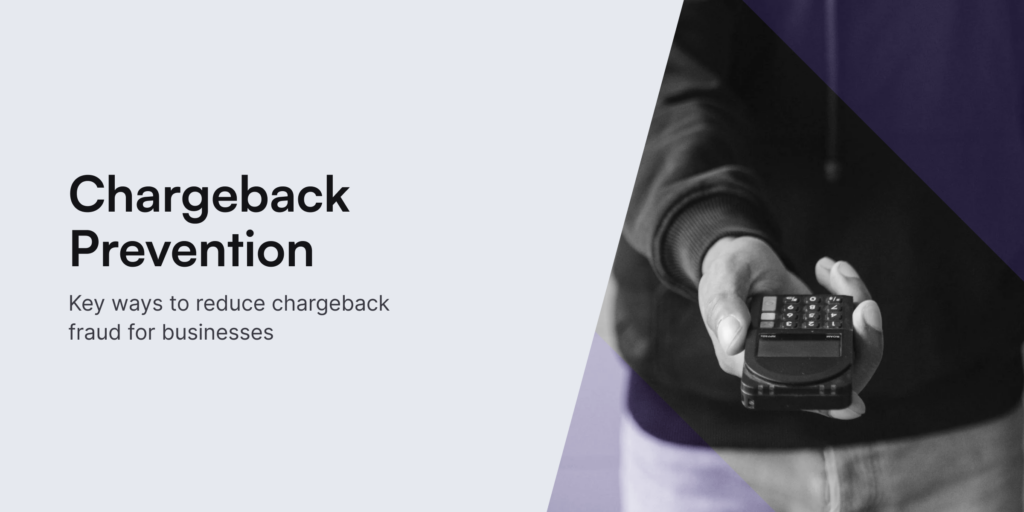
January 28, 2024
Chargeback Fraud Prevention: Key Strategies for Businesses
Learn how to build a robust chargeback fraud prevention strategy and mitigate increasing crime risks. Find useful tips for businesses on how to minimize losses and ensure they’re kept at the bare minimum of expected chargeback costs.
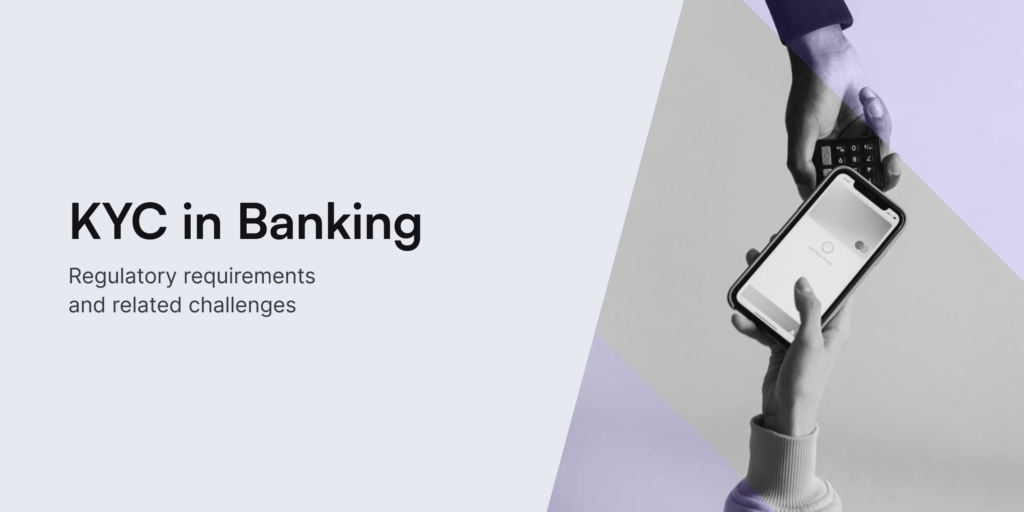
January 28, 2024
KYC in Banking Explained
Know Your Customer or KYC in banking refers to the series of identity verification checks designed to verify customers. The KYC process helps banks and other financial institutions confirm that the person is who they say they are when registering on their online platform and opening a new account. But KYC doesn’t stop at the onboarding stage of the customer’s relationship. Read more.

January 5, 2024
KYC in Social Media: Less Anonymity = More Security?
It’s as easy as 1-2-3 to create a new profile on any standard social media platform. This makes social networking and online dating not only a great way to connect with people but also to get blindsided by numerous scams. The lack of identity verification and KYC in social media means bad actors can create fake accounts, steal identities, and remain completely anonymous. This harms both users as well as businesses that use social media for their marketing campaigns. Read more.

January 5, 2024
iDenfy Leads the G2 2024 Winter Batch of Identity Verification Solutions
In the recent G2 2024 Winter batch reports, only 3% of the companies were recognized as industry leaders. G2 reveals that there is a 10% increase in the number of published reports in comparison with the previous quarter.

Ultimate Beneficial Owner (UBO): Verification Guide
Any entity falling under Anti-Money Laundering and Anti-Terrorist Financing regulations must know the exact identity of the Ultimate Beneficial Owner (UBO) for all their business transactions. While this isn’t a new regulatory requirement, many organizations struggle to identify UBOs due to various challenges, including complex corporate structures or intentional efforts to hide the UBO status for the sake of financial crime, such as money laundering. Read more.

December 29, 2023
Video KYC: What Does it Look Like in 2025?
Video KYC goes beyond the traditional hassle of a video call verification process. Previously, customers had to navigate through network, camera, and microphone access checks, along with pre-checks, before engaging in video KYC. However, the contemporary version of the video KYC process is a game-changer. It is now accessible 24/7, not confined to business working hours, while still meeting regulatory requirements and enhancing the overall onboarding experience for customers. Read more.

